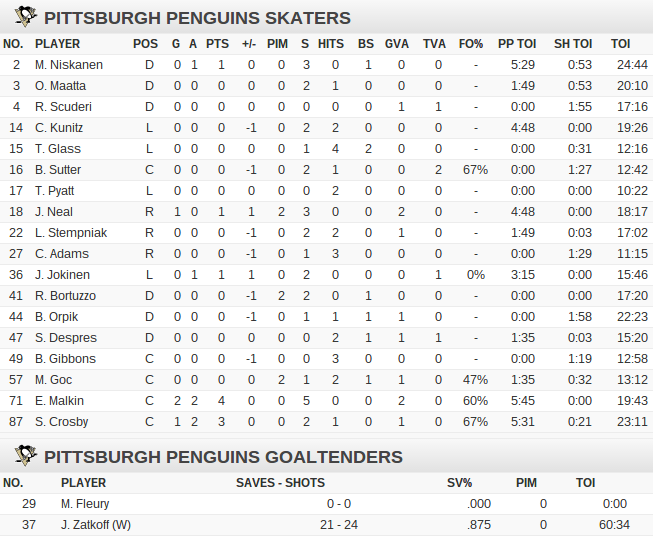Despite multiple setbacks, the Hornets managed to force Miami into a seven game series, but would fall well short in Game 7.
Roughly a week before the season ended, the Charlotte Hornets lost handedly to the Washington Wizard. It was a bizarre game, and an aberration, but it would prove costly for playoff seeding, as the Hornets would finish in a four-way tie at 48-34, but earn the 6 seed due to a tiebreaker. Had Charlotte earned that 49th win, and thus been the 3 seed, we might still be watching them take on Toronto in the 2nd round. Instead, the Hornets were ousted by the Miami Heat in seven games after a blowout loss on the road 106-73.
That Charlotte even forced the series to seven games is impressive given how easily they went down 2-0 in the series. The Hornets were forced out of what made them a great offensive team — 3-point shooting — and Miami shot the ball highly efficiently, with a 41 point quarter in Game 1, and a 43 point quarter in Game 2. The series looked destined for a sweep, but Charlotte managed to tighten up their defense in Games 3, 4, and 5, winning three straight and earning the opportunity to beat Miami at home in Game 6. They would struggle however, and late game heroics by Dwyane Wade would send the series back to Miami, where the Hornets’ season would end.
Defense got Charlotte back into the series. After giving up 123 and 115 points in Games 1 and 2, the Hornets held the Heat to 80, 85, and 88 points in Games 3-5. Anytime Miami scored north of 90 however, Charlotte lost. Miami averaged 99.1 points per game for the series, with Charlotte averaging just 90.3. The 3-point shooting they were so known for during the regular season only showed up once in Game 5, where they shot 12-24 from beyond the arc. While the Hornets managed to reclaim their identity on defense, their inability to hit outside shots played a big factor in the series.
Additionally, the Hornets were unable to hold Miami on the boards, with the Heat out-rebounding Charlotte in six of the seven games. The Hornets were the best defensive rebounding team in the league this season, but had a lot of trouble containing Whiteside on the boards, along with other Heat players. Miami’s offense rebounding percentage was 24.1 for the series, a terribly high number.
Individually, a few players shined. Kemba Walker was great every other game, scoring 30+ points in two games, including 38 in Game 6, and 14 in the 4th quarter when Charlotte was desperate to win the series at home. Every heroic Walker performance would be followed up with a struggling one, and none was worse than in Game 7, when he scored just 9 points on 3-16 shooting.
Walker’s inconsistency came as a result of Charlotte relying too heavily on him. This happened for a couple of reasons — for one, Nicolas Batum wasn’t healthy for much of the series after re-injuring his ankle in Game 2. He would sit out Games 3 and 4, but upon his return, he struggled to score and make plays for the most part. Al Jefferson managed to shine in the post, averaging 13.3 points per game in just 24.1 minutes of game time. He often dominated Hassan Whiteside in the post, and got him into foul trouble more than once. However, the Hornets were forced to rely on Jefferson’s post game too much due to their lack of outside shooting. It helped to an extent, but it was too reminiscent of their offense of two seasons ago, one that was no where near as effective as this season’s.
Furthermore, the Hornets got little production out of Marvin Williams, a key role player whose 3-point helped space the floor for others to get open shots. Williams only shot well in Game 5, scoring 17 points on 7-10 shooting. Beyond that, he was largely ineffective. Other role players such as Jeremy Lin and Frank Kaminsky had solid to strong outings in multiple games, but also struggled to hit shots as well. Charlotte as a team shot just 39.6 percent from the field, and only 30.8 percent from the 3-point line. In a seven games series where the other team has homecourt advantage, those numbers aren’t good enough.
And ultimately, homecourt could have made a difference. The Hornets had the third best home record in the Eastern Conference this season, and it’s unlikely the Heat would have come out to such a commanding lead in the series had the first two games been played in Charlotte. Still, it’s clear that Miami was successful in taking away Charlotte’s strengths on offense, and while they adapted, scoring more through post-ups, drives to the rim, and free throws, they came well short of playing the type of offense that had them averaging 103.4 points per game during the regular season. Still, that they were able to force a seven game series despite numerous issues gives Charlotte reason for optimism moving forward.
Add The Sports Daily to your Google News Feed!
